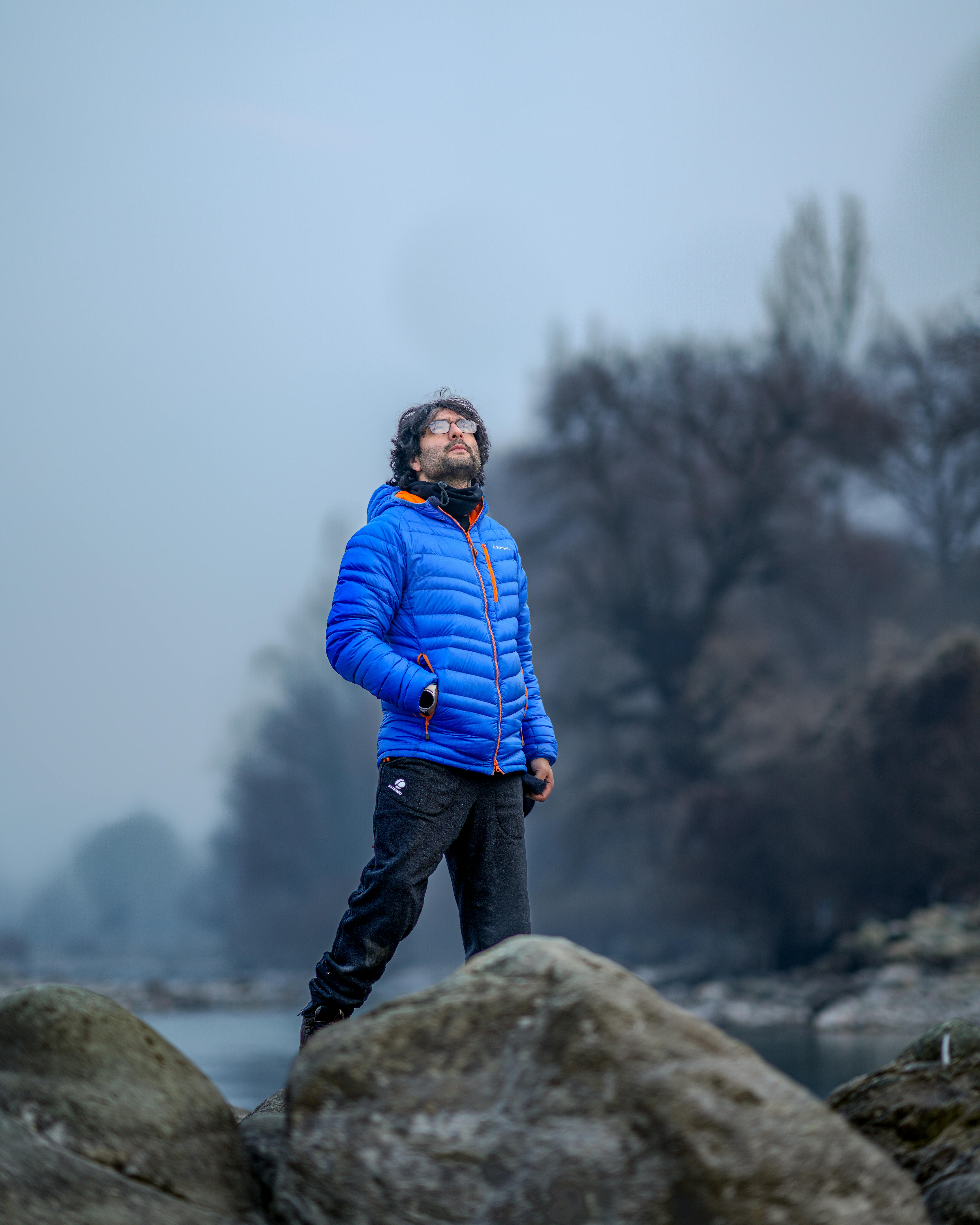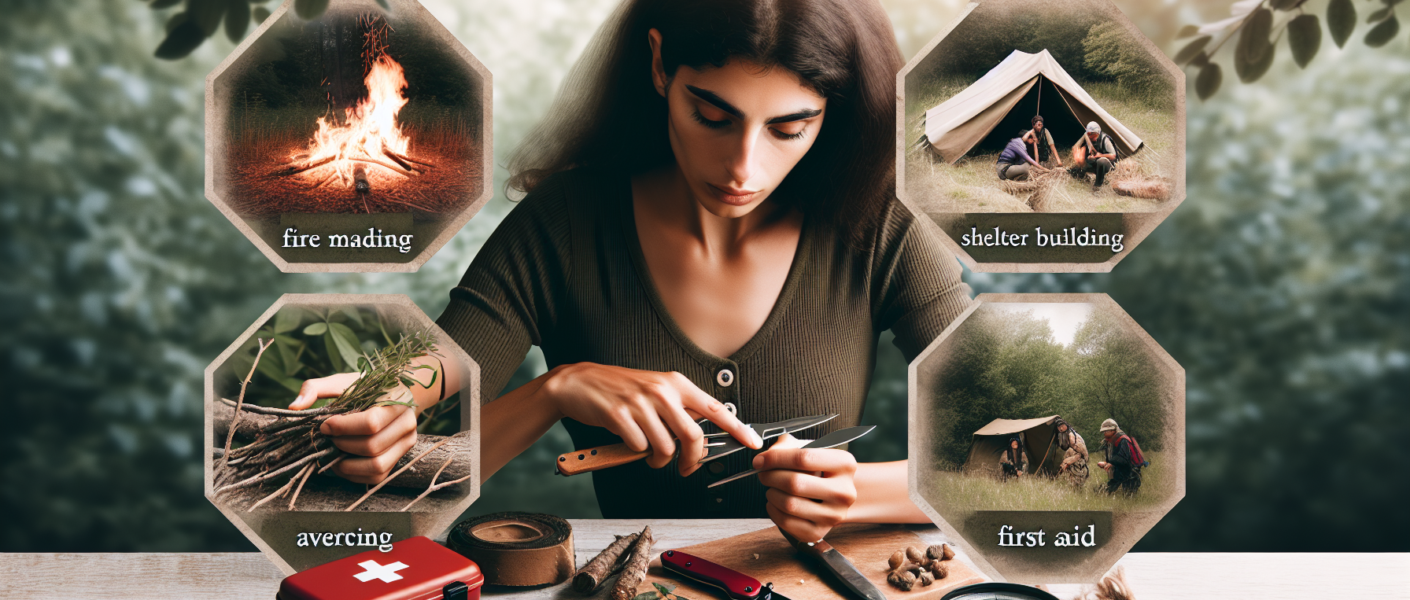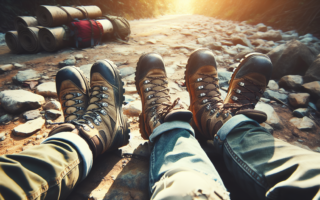So, you’ve found yourself interested in survival skills, huh? Well, look no further because I’ve got all the basics you need to impress your boyfriend with your newfound survival prowess. From starting a fire to purifying water, these skills are not only practical, but they’ll also have your boyfriend admiring your resourcefulness and resilience. So, grab a pen and paper, and get ready to conquer the wild with your impressive survival knowledge!

Emergency Shelter
When it comes to survival skills, knowing how to build an emergency shelter is crucial. Choosing the right location is the first step in this process. Look for a spot that is elevated and away from potential dangers, such as falling trees or flood zones. It should also provide natural protection, such as rock formations or dense foliage, which can shield you from the elements. Once you have found the perfect location, it’s time to build a temporary shelter. Using natural materials like branches, leaves, and debris, construct a sturdy structure that provides insulation and protection from wind and rain. Remember to consider the size of the shelter, ensuring it is spacious enough for you and your boyfriend.
Fire Starting Techniques
Having the ability to start a fire is essential for survival, as it provides warmth, a means of cooking, and a signaling tool. Start by collecting dry tinder and kindling, such as dry grass, leaves, or small twigs. This will ignite quickly and help to sustain the fire. You can use a fire starter, matches, or even a lighter to ignite the tinder and kindling. Remember to keep a fire extinguisher or water nearby for safety. If you find yourself without matches or any other fire starting tools, you can still create a fire using primitive methods. Friction-based methods like the bow drill or hand drill method can be used, where you rub two pieces of wood together to create heat and sparks.
Water Procurement
In a survival situation, finding a safe and reliable water source is crucial for your well-being. Make sure to locate a nearby water source such as a river, stream, or spring. If none are available, consider digging for water in areas where the soil appears damp. However, keep in mind that not all water sources are safe to drink. To purify the water and eliminate harmful bacteria and parasites, you can use chemical methods like water purification tablets or bleach. Another method is building a solar still, which collects water through evaporation and condensation, providing a source of safe drinking water.
Food for Survival
While food might not be immediately essential for short-term survival, it is important to know how to procure it in case of an extended stay in the wilderness. Start by learning to identify edible plants in your surroundings. Familiarize yourself with common edible plants like dandelion, cattail, and chickweed. Additionally, consider practicing hunting small game using hunting traps or snares. Understanding how to set these traps and snares can provide you with a source of protein when other food options are limited.

Navigating without a Compass
Losing your way in the wilderness can be a daunting experience, but with basic navigation skills, you can find your way back to safety. If you don’t have a compass, you can still navigate using the sun and shadows. By observing the position of the sun throughout the day, you can determine east and west. Shadows can also provide a general sense of direction. Natural landmarks like mountains, rivers, and distinctive trees can serve as useful guideposts as well. In case you need a makeshift compass, you can magnetize a needle and float it in water to align with the Earth’s magnetic field.
Basic First Aid Skills
Being equipped with basic first aid skills can save lives in emergency situations. Learn how to treat cuts and wounds by cleaning them thoroughly and applying appropriate dressings or bandages. Knowing how to perform CPR is also highly valuable when someone’s breathing or heartbeat has stopped. This life-saving technique helps maintain circulation until professional help arrives. Furthermore, recognizing the signs of and properly treating hypothermia is essential in cold environments. Educate yourself on how to rewarm a person slowly and safely, as sudden changes in temperature can be harmful.

Wilderness Survival Kit
Having a well-prepared wilderness survival kit is essential to ensure your safety and comfort in any outdoor emergency scenario. Your kit should include essential items such as a first aid kit, fire-starting tools, a multi-purpose knife, a water filter or purification tablets, a compass, and an emergency blanket. Additionally, choose a sturdy backpack that can accommodate and organize all the necessary items. Ensure that your kit is regularly maintained, with expired items replaced or replenished. Organize your kit in a logical manner, with frequently used items easily accessible for quick retrieval.
Outdoor Cooking Techniques
Cooking outdoors is not only a survival skill but also an enjoyable aspect of outdoor adventures. When choosing a suitable cooking method, consider factors like available resources, cooking time, and fuel efficiency. Campfire cooking, using a portable stove, or even setting up a makeshift oven can be viable options. Building a campfire cooking setup involves creating a sturdy fire pit, setting up a grill or spit, and gathering firewood suitable for cooking. Master the art of preparing simple meals that are easy to cook and require minimal ingredients. This will ensure that you can provide nourishing meals in a survival situation.

Self-Defense and Personal Safety
In any emergency or survival situation, personal safety is of utmost importance. Awareness and prevention techniques can help you avoid potential dangers. Stay alert and be mindful of your surroundings, listening for any unusual sounds or movements. Learning basic self-defense moves can also provide you with the confidence and skills to protect yourself if necessary. In situations where physical confrontation is undesirable, carrying non-lethal self-defense tools like pepper spray or a personal alarm can provide an extra layer of security.
Survival Mindset
Having the right mindset is key to staying calm and focused during emergencies. Practice remaining calm under pressure, as panic can cloud your judgment and hinder your decision-making ability. Developing problem-solving skills is crucial as emergencies often require quick thinking and improvisation. Adaptability and resilience are also important qualities to cultivate. Remember that survival situations are temporary and maintaining a positive mindset will help you navigate through challenging circumstances with increased confidence.
By mastering these survival skills, not only will you impress your boyfriend, but you will also gain the knowledge and confidence to handle any unexpected situations that arise in the great outdoors. Remember to practice these skills regularly in a safe environment to ensure they become second nature. Stay prepared, stay safe, and embrace the adventure of survival!



